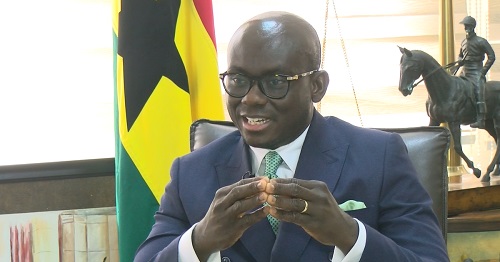A 69-year-old German woman, who was swindled by two Nigerians in 2010, is appealing to the Ghanaian authorities and the German Embassy in Accra, to help her to confiscate the property of the fraudsters.
Ms Waltraud Wiesent, a widow, said a court judgement, which convicted the Nigerians: Mark LatifA dijum and Benjamin Taofeek Oluwashola in 2015, ordered them (convicts) to refund €248,000, they fraudulently received from her, on the pretext of supplying her gold.
According to the Ghanaian Times, Ms Wiesent said the convicts had investments and properties in Ghana and called on the Attorney-General and Minister of Justice, Mr Godfred Yeboah Dame, to intervene by helping identify and confiscate the property.
She appealed to the German Embassy to reach out to Mr Dame regarding the case, to enable her to recover the stolen money from the Nigerians.
Ms Wiesent said her bankers sold her houses to settle the loan she took and sent the money to the Nigerians, who told her they were genuine gold dealers in Ghana.
Adijum was sentenced to serve eight years at the Nsawam Prisons by the Accra Circuit Court, presided over by Mrs Afi Kudamor, now a High Court judge.
Adijum and Oluwashola were charged with conspiracy to commit crime and defrauding by false pretence. Oluwashola was convicted to a fine of GH¢40,000.
While in prison, Adijum appealed his conviction at the High Court and lost.
At the trial, which suffered several adjournments at the Circuit Court, Adijum denied the offence, claiming that he was a farmer and had never been to school.
The facts are that, Latif met Mrs Wiesent, a German technical engineer, and introduced himself as Chris Walters of Nottingham, who conducts business in Ghana.
The prosecutor, Deputy Superintendent of Police (DSP) Augustine Yirenkyi, told the court that the convict told the German he had quantities of gold and asked her to send monies for the purchase of gold.
The court heard that Mrs Wiesent had transferred monies through Money Gram and different bank accounts at Ecobank and Guaranty Trust Bank.
DSP Yirenkyi said that Latif invited Mrs Wiesent to Ghana on two occasions and during her third visit, the German reported the Nigerians to the police and they were arrested and charged





